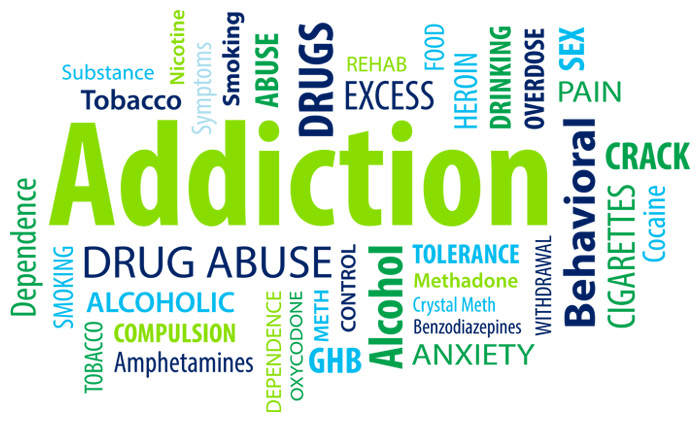

Addiction treatment principles that delivers solution timely are recommended
Addiction treatment principles: The brain
Even though drug addiction is a health condition that can easily be treated if the diagnosis is done early, many patients often fail to seek for treatment for various reasons. From the experts’ point of view, doctor Dalal Akoury MD President and founder of AWAREmed health and wellness resource center states that, this is the biggest obstacle in addressing this problem which affects the brain function and behavior by making alterations in the brain structures and functions resulting in changes running long after recovery from the drug addiction. And that further explain why recovering drug addicts are at risk for relapse even after long periods of abstinence and notwithstanding the potentially devastating consequences.
Addiction treatment principles: Complexity
Due to its complexity, there is no single treatment which is applicable to everyone. Amalgamating various treatment settings, interventions, and services to an individual’s specific problems and needs is critical to their eventual success in returning to productivity in the family, workplace, and to the society. Because of this, doctor Akoury created this facility to primarily help every individual’s life through increasing awareness about health and wellness and by empowering individuals to find their own inner healing power. Dr. Akoury’s practice focuses on personalized medicine through healthy lifestyle choices that deal with primary prevention and underlying causes instead of patching up symptoms. This is the place to be if you are struggling with any kind of addiction. You can schedule an appointment with her on telephone number 843 213 1480 at your convenient time.
Treatment should be accessible because an addict may not be keen about entering treatment, maximizing on the readily available services the moment people are ready for treatment is critical. Potential patients can be lost if treatment is not readily accessible. As with other chronic diseases, the earlier treatment is administered the better and the duration of treatment should depend on the individual’s needs and the level of their addiction. Ordinarily, such treatments require at least 3 months in treatment to significantly reduce or stop their drug use however the best recovery is realized with longer durations of treatment. Recovery from drug addiction is often a long-term process and frequently requires multiple episodes of treatment. As with other chronic illnesses, relapses to drug abuse can occur and should signal a need for treatment to be reinstated or adjusted. Because individuals often leave treatment prematurely, programs should include strategies to engage and keep patients in treatment.
Individual or group counseling and other behavioral therapies are the most commonly used forms of drug abuse treatment. Behavioral therapies vary in their focus and may involve addressing a patient’s motivation to change, providing incentives for abstinence, building skills to resist drug use, and replacing drug-using activities with constructive and rewarding activities that improve solution finding skills by facilitating better interpersonal relationships. Besides counseling, medications is also an important element of treatment for many patients, especially when combined with counseling and other behavioral therapies. For example, methadone and buprenorphine are effective in helping heroin addicts or other opioids stabilize their lives and reduce their illicit drug use. Naltrexone is also an effective medication for some opioid-addicted individuals and some patients with alcohol dependence and must never be ignored each time addiction treatment principles is addressed.
Addiction treatment principles: The brain
http://regenerativepotential.com/wp-admin

0 comments
Write a comment